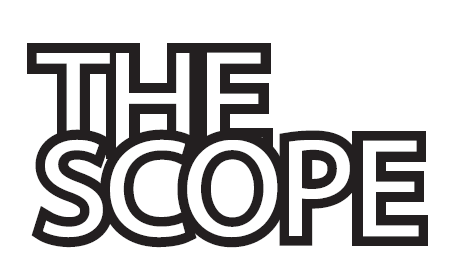Coronavirus. Normal life has come to a rearing halt. An increasing number of governments across the globe are enforcing lockdowns to curb the spread of COVID-19. No more rush hour traffic. No more busy public transport. No more normal. The farthest we leave our house is to take the wheelie bins out. Whilst, individually, we can only help in micro ways, the country as a whole has pulled together. As our lives are increasingly becoming consumed by the threat of coronavirus, and our homes becoming our world, the way we report on the virus is becoming more and more important. With all of this news coverage in the world right now, we usually find ourselves asking similar questions. How will it impact our economy? How will it impact our environment? Many news articles, graphs and stories show us how Earth is thriving without humans during the (almost) global lockdown.
Naturally, in moments like this, we are trying to look on the bright side and focus on the positive things that could come from this. For example, the growing community spirit and the increased support for our NHS. In other ways, we could appreciate the ways our environment is benefitting. The recent stillness in the world has meant that in northeast areas of the US air pollution has dropped by an impressive 30 percent. Isn’t that incredible?!
Yet when reading this I cannot help but think it is dangerously teetering on providing ecofascism as a narrative. Simply put, ecofascism refers to the idea that, in order to fix our environment, it has to come with a price; we would need to sacrifice our own citizens and counterparts.
An example of this is the typical rhetoric like population control and notions that minority groups are an invasive species that are a threat to the environment itself – interacting with the racism, xenophobia and nationalism present in the region. However, in today’s context, everyday people are arguing that COVID-19 is going to be earth’s vaccine against humans and is a ‘sign’ or a ‘punishment’ for the damage we have done.
A well-published example is the viral images of dolphins returning to Venice’s canals and the fact we are finding ourselves with cleaner air. National Geographic has since debunked these pictures as they were filmed at a port in Sardinia, hundreds of miles away. However, this could be a slippery slope when these articles go beyond rejoicing the return of nature and the improvement of our environment to justifying human deaths to preserve the environment. I feel that it’s a tad morbid to suggest that we should allow people to die because a few rivers are looking healthier in (fake) photos. Instead, should we not be using this time to reevaluate our systems, identifying how to adapt for the climate crisis and build safety nets like paid leave and universal child care? This would be a stronger response to allow developing a planet where it is a better place for us all to live.
At this current moment in time, globally, coronavirus is disproportionately affecting minorities – largely affecting the disabled community and our ageing population, whilst also putting impoverished people massively at risk respectively. However, it doesn’t take a scientist to tell you that there are no advantages from lives being lost and that the most vulnerable people in our country being put in danger will never bring any benefits. We have to be really careful and sensitive in the way that we discuss and report on this issue and its effects.
In all honesty I find the argument that COVID-19 is the earth’s vaccine against humans whilst the virus wreaks havoc all over the world, and kills thousands of people daily very distasteful. Especially as the majority being affected are working-class and many of whom, worldwide, don’t have access to suitable healthcare. Not only is this attitude extremely unhelpful at times like these but is also verging on being dangerous if we continue this perspective.
Ecofascism won’t slow the devastation that is climate change, especially during a global pandemic. Currently we are seeing conversations on social media of people arguing that the impoverished, disabled and ageing population should sacrifice themselves in order for the rest of us to live. I view this as not only being distasteful and morally reprehensible, but is also a misunderstanding of the larger problem occurring. Coronavirus isn’t a “detox” for Earth; it’s disrupting the destructive systems that we have become accustomed to.
By MEREDITH RAE


